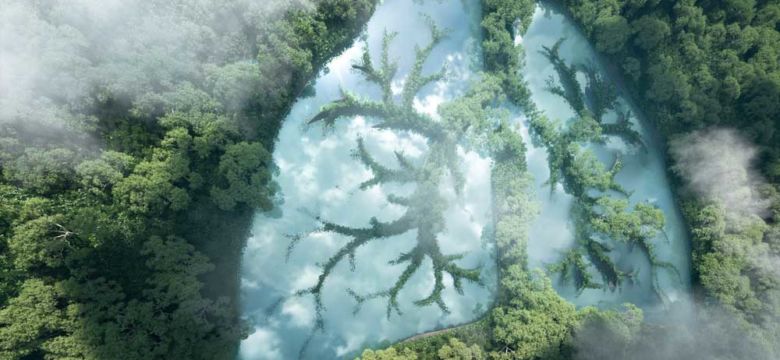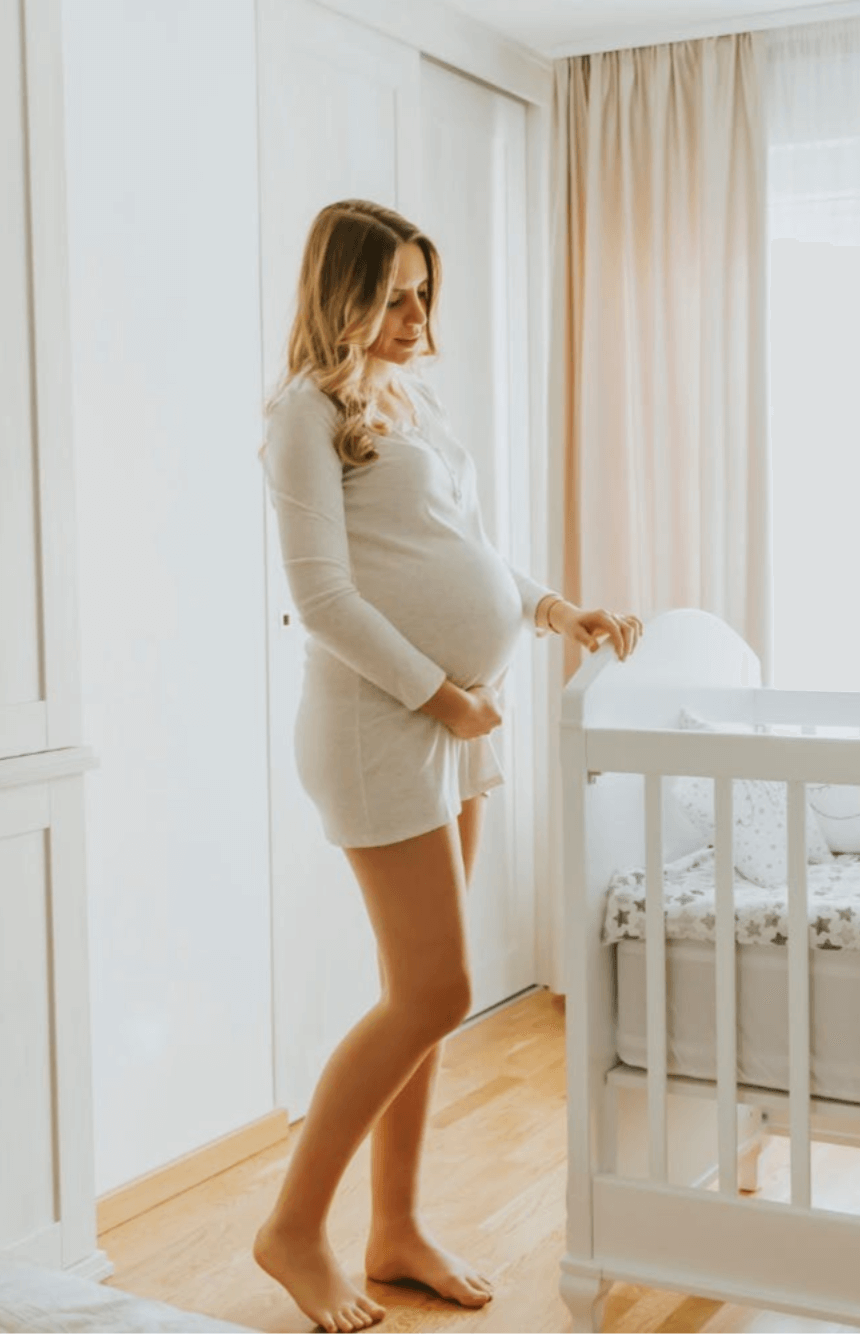
Air Filtration Systems and Viruses
Air filtration systems and purifiers help remove indoor allergens from our homes to create better indoor air quality. But can they remove germs and viruses, like the coronavirus COVID-19?
As families and households practice social distancing and are ordered to shelter in place, like our patients in New York, it’s a question being asked a lot at Naturna.
Many are curious about how air filtration systems play a role in protecting our homes and families from these types of scary viruses. And it makes sense: Some HEPA filters are DOP95 and N95 rated (same as the masks worn by nurses and doctors on the front lines). It seems like a possible at-home solution.
However, when it comes to the recent COVID-19 pandemic, it’s not that simple. And we wanted to clear some things up for your safety.
Before we begin, it’s important to note that filtration systems should be part of an overall approach in protecting yourself and staying healthy against viruses. They are not an end-all solution against something like COVID-19.
Here’s the bottom line: No air purifier will capture and clean your indoor air perfectly. While HEPA air filters may reduce the spread of viruses and microbes, such as COVID-19, within your home, you must also follow the CDC for up-to-date guidelines.
Social distancing and hand-washing should still be your top priority!
Virus Size vs. HEPA Filters
Most bioaerosols (fungus, bacteria, viruses, pollen) range from 0.5 to 3 microns.
To compare, the novel Coronavirus is 0.125 micron. However, it travels through coughs and sneezes that fall in that 0.5 to 3-micron range.
Traditional HEPA filters trap 99.97% of particles that are 0.3 microns, which scientists refer to as MPPS (Most Penetrating Particle Size). The 0.3 MPPS was designated as such because that was the size of particles capable of evading most air filters. In other words, they were the right size (not too big, not too small) to avoid capture.
Because COVID-19 is mostly transmitted through large airborne droplets, air filtration is only a single part of a whole solution. Plus, air filters will not capture particles that have already made contact with surfaces.
Smaller droplets can become airborne and fluctuate in size based on the humidity of the surrounding air and their composition. Low humidity may cause particles to become smaller, which means they can float and hang around longer.
While there have been research studies as to how HEPA filters can capture viruses (more so, their moisture droplets), in order to filter airborne viruses, an air purifier needs to filter smaller micron particles and microorganisms.
Because the Coronavirus is 0.125 micron in size, a Super HEPA filter, which captures 99.99% of particles, is better equipped than a traditional HEPA.
Should You Buy an Air Filter?
As you hunker down and wait out this madness, an air filter in your home can’t hurt.
It may prevent some bioaerosol particles from getting too far. And, with shelter in place orders and families spending more time indoors, an air filter at a minimum can circulate fresh air into rooms that feel stale and stagnant.
Ultimately, however, do not solely rely on any filtration system to protect you.
Practice methods the CDC has put in place and stay calm.
This will pass.


